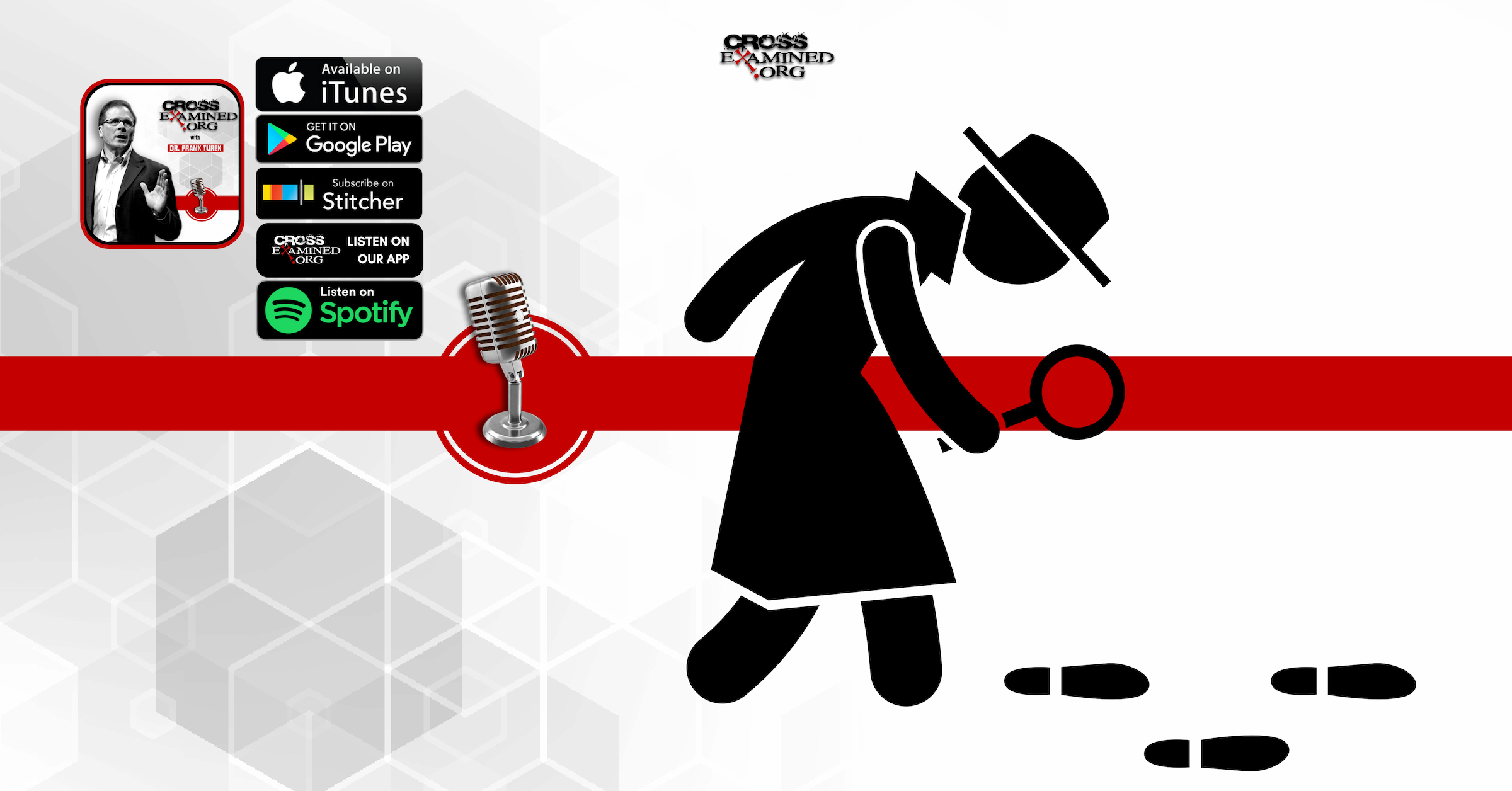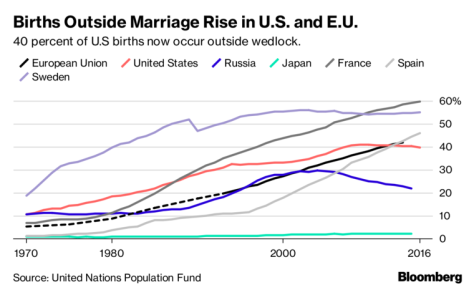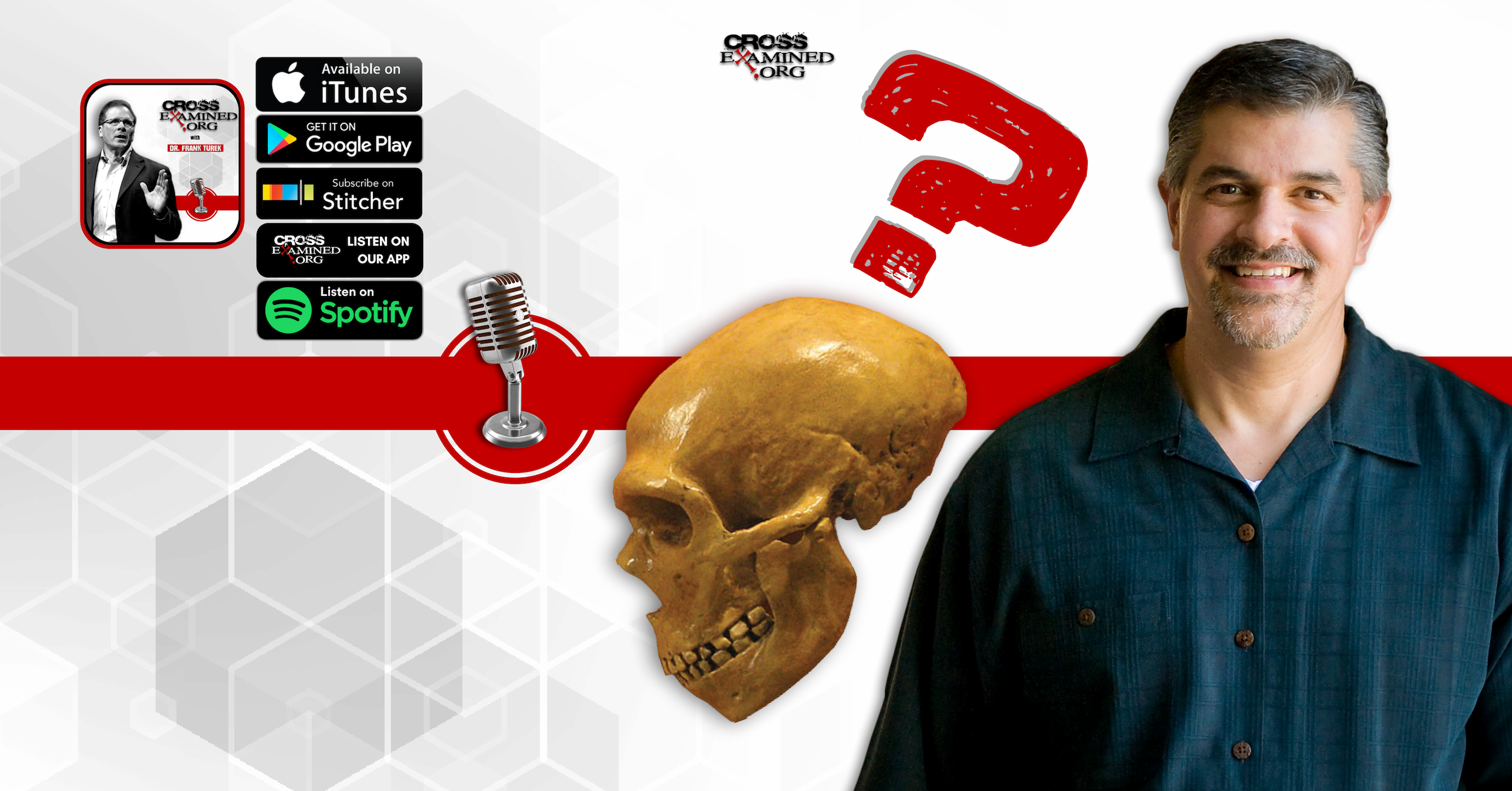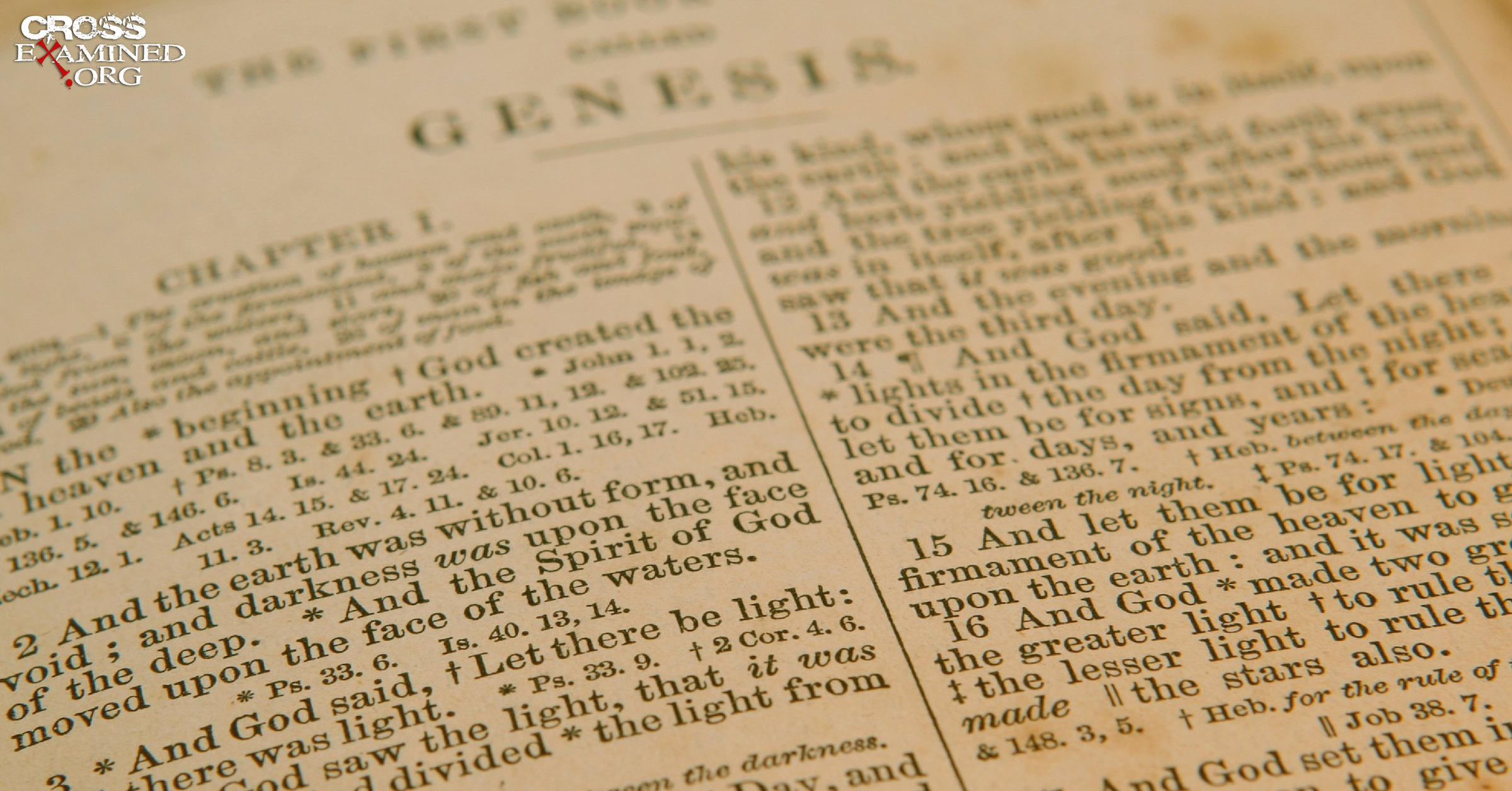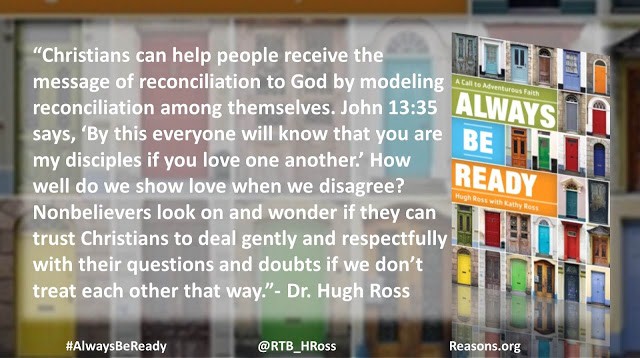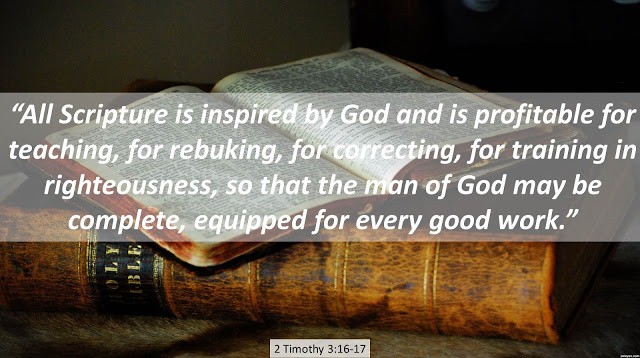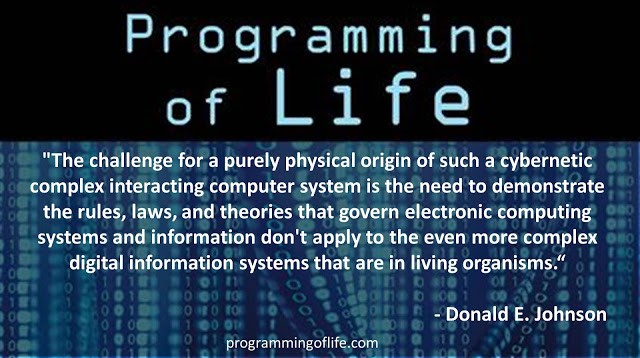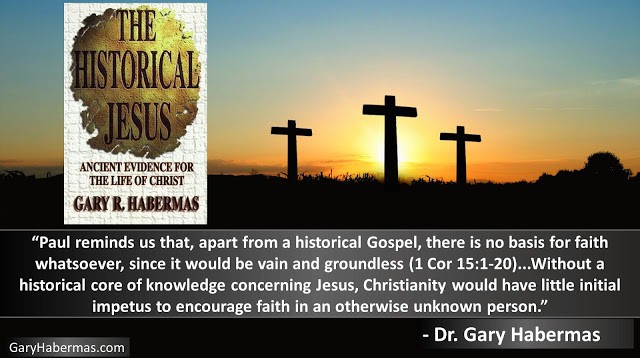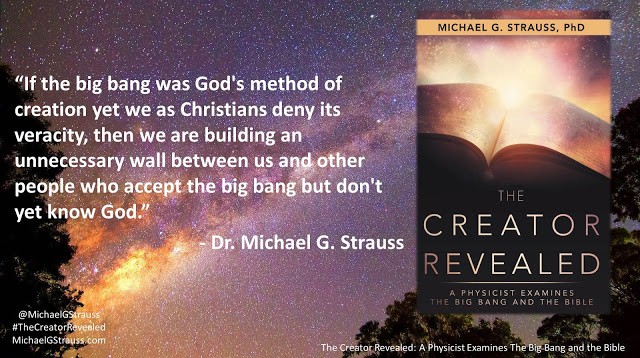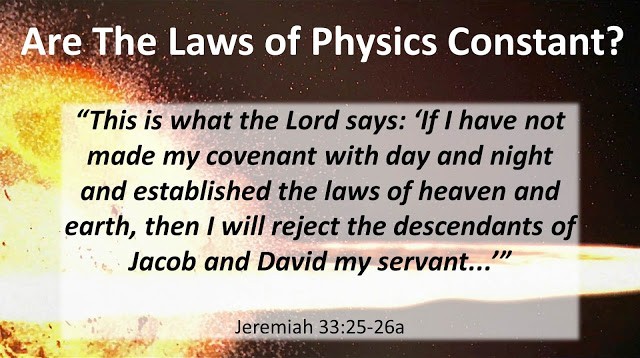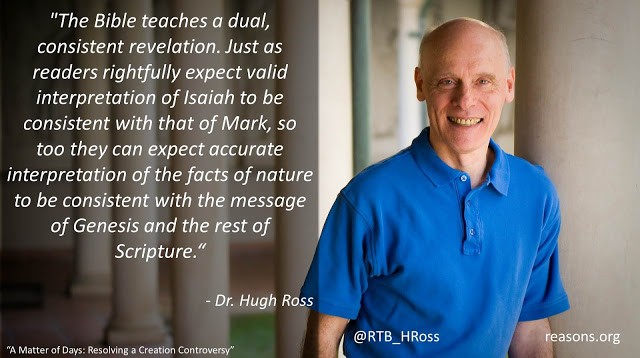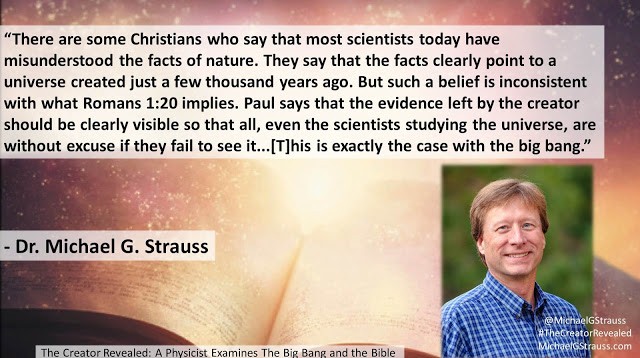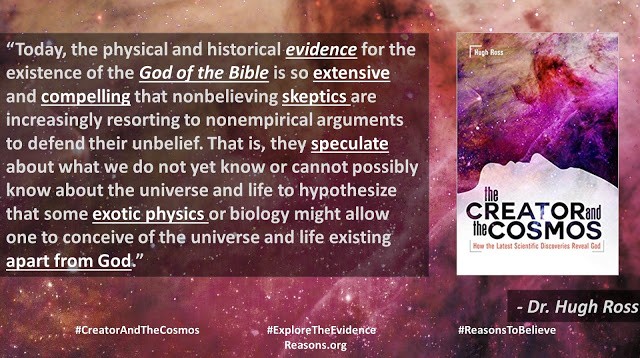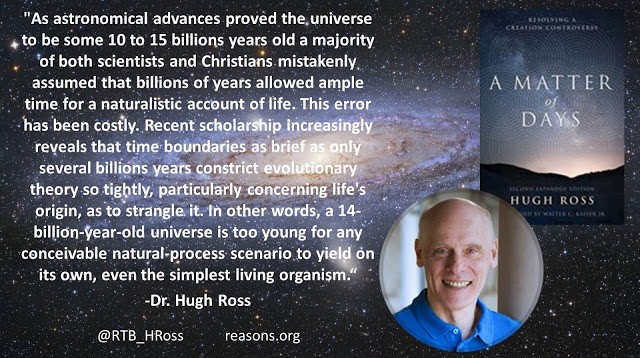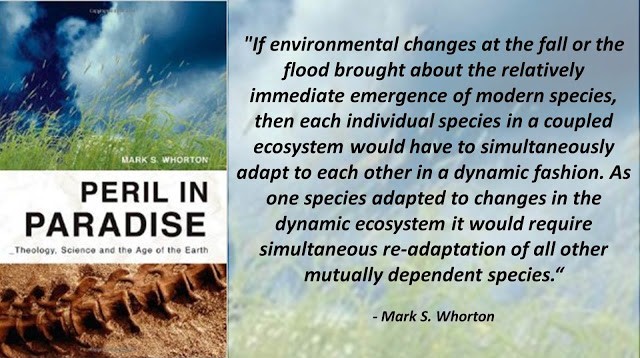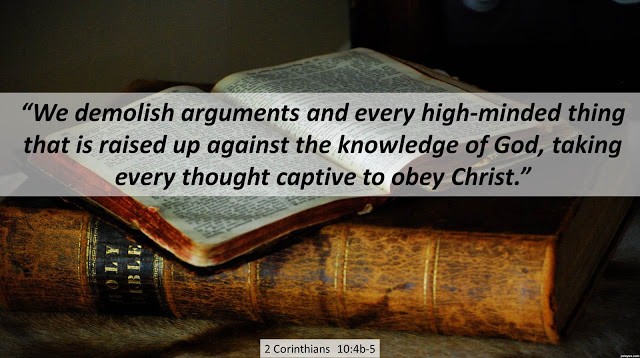I sometimes think about the horrible experiences I had encountering “normal” Christians in American churches after having become a Christian on my own through reading the New Testament, reading apologetics, and watching William Lane Craig debates. I heard a lot of different reasons to be a Christian from the church Christians, and what struck me was 1) their reasons had nothing to do with objective truth, and 2) their reasons hadn’t prepared them to have serious conversations about Christianity with non-Christians.
Well, J. Warner Wallace recently posted an episode of his podcast about this, and I thought that this might be useful to people who (like me) were confused by what they found in the church.
Here is the video:
And he has a blog post about it, where he explains all the responses to the question “why are you a Christian?” which he got from the church – none of which were like his answer for why he became a Christian.
Here are some answers that were not like his answer:
I Didn’t Become a Christian Because I Was Raised in the Church
I didn’t come from a Christian family. I wasn’t raised in the church or by people who attended church regularly. While students often tell me this is the reason they’re Christians, this wasn’t the case for me.I Didn’t Become a Christian Because My Friends Were Christians
I also didn’t know any Christians. I was never invited to church by anyone as a child, and although I knew Christians in my college years, none of these folks ever invited me to church either. My friends were all happy atheists. I didn’t become a Christian to be part of a club.I Didn’t Become a Christian Because I Wanted to Know God
I can honestly say I had no interest in God growing up, while in college, or while a young married man. I felt no “hole” in my life, had no yearning for the transcendent, no sense something was missing. I was happy and content. I didn’t become a Christian to fulfill some need.I Didn’t Become a Christian Because I Wanted to Go to Heaven
I was also comfortable with my own mortality. Sure it would be nice if we could all live forever, but that’s just not the way it is. Live life to the fullest, enjoy your friends and family while you have them, and stop whining. I didn’t become a Christian because I was afraid of dying.I Didn’t Become a Christian Because I Needed to Change My Life
My life prior to becoming a Christian was great. I had a meaningful and fulfilling career, a beautiful family, an incredible wife, and lots of friends. I wasn’t struggling and looking for a solution. I didn’t become a Christian to stop beating my wife or to sober up.
I’m sure that all my readers know that Wallace is a homicide detective and an evidentialist. He handles evidence and builds cases with evidence, and that’s how he approaches his worldview as well. So he didn’t answer any of those.
Wallace’s answer was different:
[…][A]lthough these reasons might motivate students to start their journey, I hope these aren’t the only reasons they’re still here. I’m not sure any of these motivations will suffice when push comes to shove, times get tough or students face the challenges of university life. In the end,truth matters more than anything else. I’m not looking for a useful delusion, a convenient social network, or an empty promise. I just want to know what’s true. I think the students I met in Montreal resonated with this approach to Christianity. They are already members of the Church, have friends in the group, understand the importance of a relationship with God and the promise of Heaven. Now they want to know if any of this stuff is true. It’s our job, as Christian Case Makers, to provide them with the answer.
I’m actually much harder on church Christians than he is because I found that the more fideistic the Churchian, the less you could count on them to act like authentic Christians. I have never met an evidential apologist who was soft on moral questions or tough theology, for example. To me, if you have an evidentialist approach to Christianity, then you have no problem with things like a bodily resurrection of Jesus, with exclusive salvation through faith alone in Christ alone, with a literal eternal separation from God called Hell, and so on.
What about people in other religions? Well, if evidence is your first concern, then it doesn’t bother you that someone of a different religion won’t be saved. For example, I like my Mormon friends, but I know that they’re wrong in their belief in an eternal universe. When I present evidence to them for the beginning of the universe, they just tell me that science isn’t as important to them as the burning in the bosom, their family, their community, etc. Well, if those things are more important to you than knowing the truth about God as he really is, then I’m fine with whatever God decides to do with you when you eventually get old, die and face judgment.
A truth-centered approach to life makes you indifferent to what people think of you. And that’s something that we could all use as Christians, especially those Christians who are more driven by feelings than by facts. A lot of people raised in the church drop out because they go somewhere (e.g., college) where they are made to feel bad for being different. That’s not a problem for evidentialists. We like to be right. We don’t care what people who are wrong think about us. Christians should all read 1 Corinthians 4:1-4, and accept the fact that being truth-centered isn’t going to make you popular.
Positive arguments for Christian theism
- The kalam cosmological argument and the Big Bang theory
- The fine-tuning argument from cosmological constants and quantities
- The origin of life, part 1 of 2: the building blocks of life
- The origin of life, part 2 of 2: biological information
- The sudden origin of phyla in the Cambrian explosion
- Galactic habitable zones and circumstellar habitable zones
- Irreducible complexity in molecular machines
- The creative limits of natural selection and random mutation
- Angus Menuge’s ontological argument from reason
- Alvin Plantinga’s epistemological argument from reason
- William Lane Craig’s moral argument
- The unexpected applicability of mathematics to nature
- Six reasons why you should believe in non-physical minds
- William Lane Craig’s case for the resurrection of Jesus
Original Blog Source: http://bit.ly/2UJtRhQ



